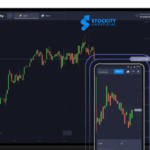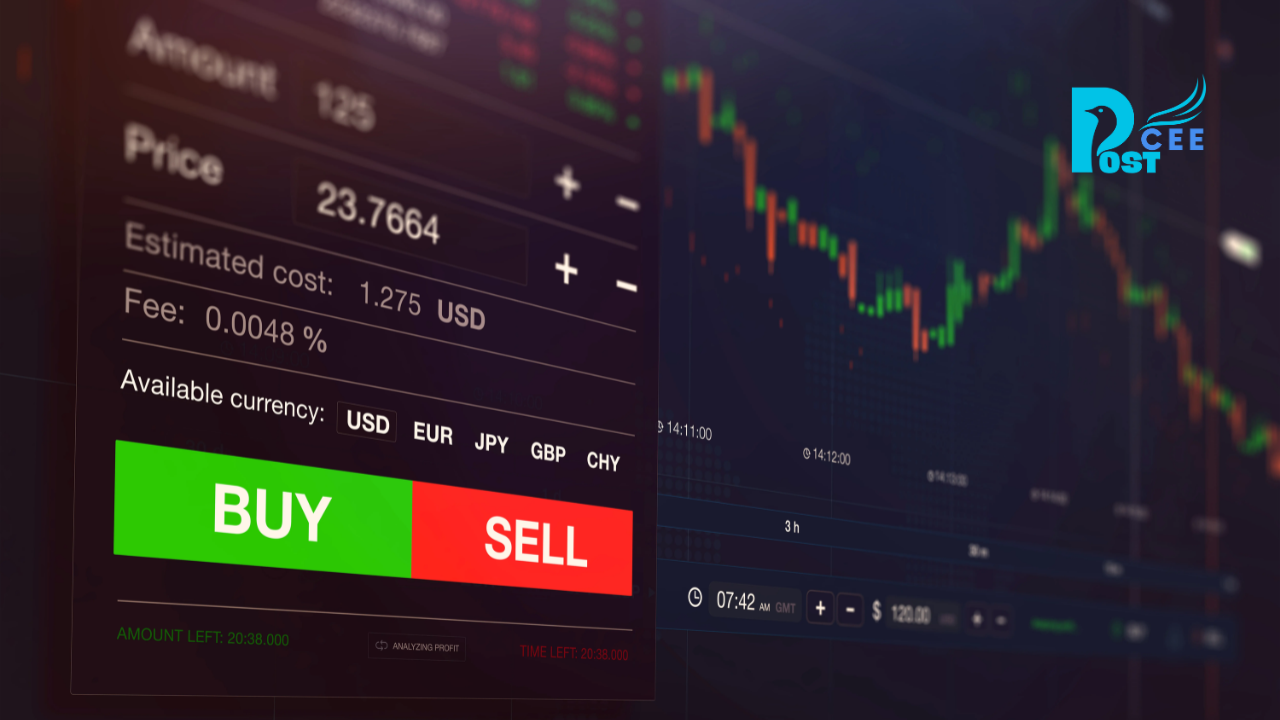Financial markets play a pivotal role in the global economy, serving as the backbone of economic activity and facilitating the allocation of capital. From stocks and bonds to currencies and commodities, financial markets encompass a wide range of assets and instruments that enable investors to trade, invest, and manage risk. In this article, we will explore the fundamentals of financial markets, their key components, and their significance in the broader financial landscape.
Understanding Financial Markets
- Definition: Financial markets are platforms where buyers and sellers come together to trade financial assets such as stocks, bonds, currencies, commodities, and derivatives. These markets play a crucial role in channeling funds from savers to borrowers, facilitating investment and economic growth.
- Types of Financial Markets: Financial markets can be broadly categorized into primary markets and secondary markets. Primary markets involve the issuance of new securities by companies or governments, while secondary markets facilitate the trading of existing securities among investors.
Key Components of Financial Markets
- Stock Market: The stock market, also known as the equity market, is where shares of publicly traded companies are bought and sold. Investors can purchase stocks to acquire ownership in a company and potentially benefit from capital appreciation and dividends.
- Bond Market: The bond market, also referred to as the fixed-income market, is where government bonds, corporate bonds, and other debt securities are traded. Bonds represent loans made by investors to issuers, who promise to repay the principal amount along with interest over a specified period.
- Foreign Exchange Market: The foreign exchange (forex) market is the largest and most liquid financial market in the world, where currencies are traded. Participants in the forex market include central banks, commercial banks, corporations, hedge funds, and individual traders.
- Commodities Market: The commodities market involves the trading of physical or tangible goods such as gold, oil, agricultural products, and industrial metals. Commodities serve as essential raw materials for various industries and are traded on exchanges around the world.
- Derivatives Market: The derivatives market consists of financial contracts whose value is derived from an underlying asset or benchmark. Derivative products include options, futures, swaps, and forwards, which are used for hedging, speculation, and risk management purposes.
Significance of Financial Markets
- Capital Formation: Financial markets play a crucial role in facilitating the flow of capital from investors to businesses and governments. By providing access to funding through the issuance of stocks and bonds, financial markets enable companies to raise capital for investment and expansion.
- Price Discovery: Financial markets serve as mechanisms for determining the prices of financial assets based on supply and demand dynamics, market sentiment, and economic fundamentals. Price discovery in financial markets helps investors make informed decisions and allocate resources efficiently.
- Risk Management: Financial markets offer a variety of instruments and strategies for managing risk, including diversification, hedging, and insurance. Investors can use financial derivatives to mitigate exposure to market volatility, interest rate fluctuations, and currency risk.
- Liquidity: Financial markets provide liquidity by enabling investors to buy and sell assets quickly and easily. Liquidity ensures that investors can enter and exit positions without significant price impact, enhancing market efficiency and stability.
Navigating the Complexities of Financial Markets
Financial markets are dynamic ecosystems that play a vital role in the global economy. From stocks and bonds to currencies and commodities, these markets offer a diverse array of investment opportunities for individuals, institutions, and governments alike. By understanding the fundamentals of financial markets, investors can make informed decisions, manage risk effectively, and participate in the wealth creation process. However, it’s essential for investors to conduct thorough research, exercise caution, and seek professional advice when navigating the complexities of financial markets. With diligence and prudence, investors can harness the potential of financial markets to achieve their long-term financial goals and secure their financial future.
Empowering Traders Worldwide
Olymp Trade has emerged as a leading online trading platform, providing individuals worldwide with the tools and resources they need to participate in the financial markets. With its user-friendly interface, comprehensive educational resources, and diverse range of financial instruments, Olymp Trade empowers traders to pursue their financial goals with confidence. Whether you’re a beginner looking to learn the basics of trading or an experienced trader seeking new opportunities, Olymp Trade offers a platform that caters to traders of all levels.















